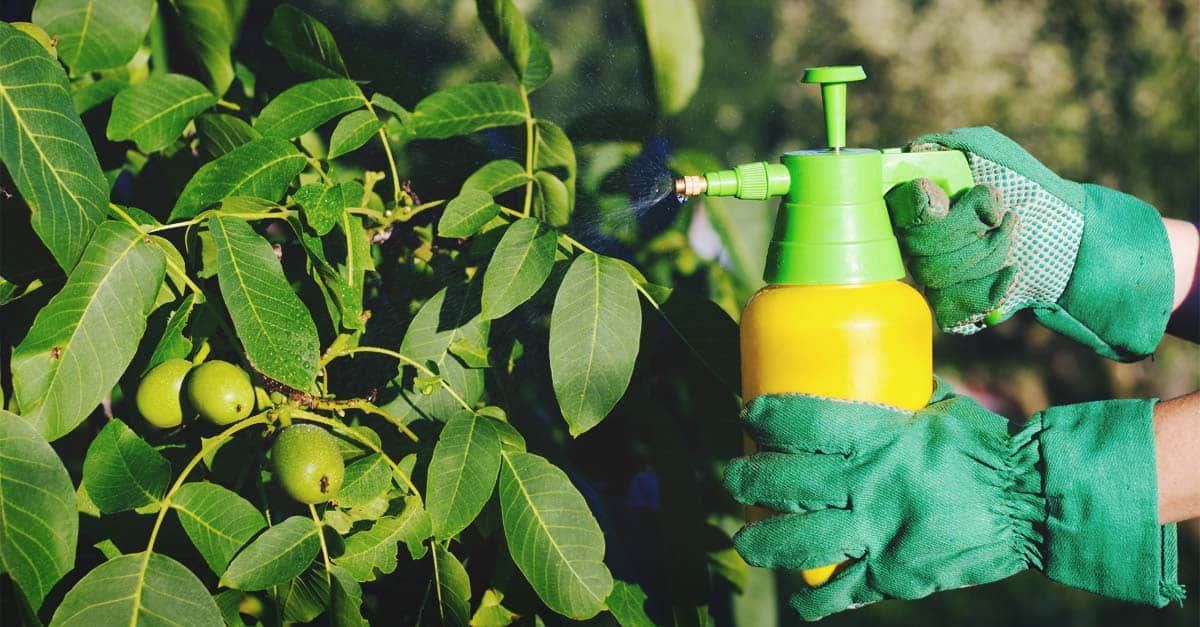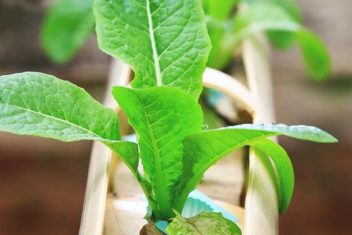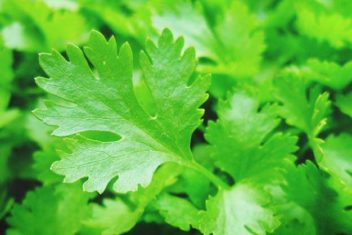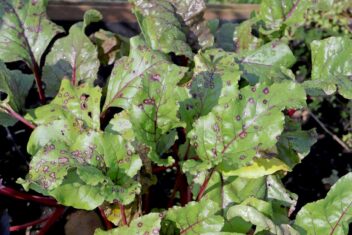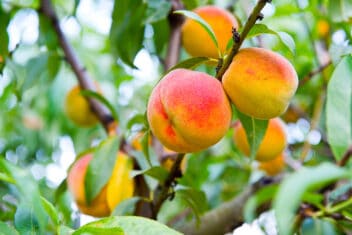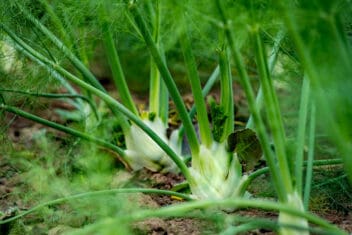No one wants to use harsh chemicals around their family and pets, but at the same time, we all want to destroy the pests that plague us. So conventional pesticides are out, but what about organic pesticides?
Some say they didn’t work as well, or that they could harm the environment just as much as other products. And then the bugs attacked your home and garden.
I loathe bugs. When I see a bug in my home, I lose it. This summer, we had an insane ant infestation that turned me into a homicidal maniac. I cackled with delight every time I observed the dead ants piling up next to the traps I had set. Pretty messed up for someone who feels protective of Mother Nature and hates to see any living creature suffer. But they were in MY HOUSE. It turned me into a whole other kind of person, someone I didn’t recognize.
I’m sure some gardeners react the same way to pests on their precious plants. I’m a little more relaxed when it comes to garden bugs, oddly enough, because they’re where they’re supposed to be. Still, I’ve had my fair share of garden bug battles. I’ve used a few pest killer products in my gardening days: diatomaceous earth, slug traps, etc. But I’ve always felt a bit apprehensive about anything labeled as a pesticide.
So what’s the low down on organic pesticides? Are they worth applying to your garden when a severe pest problem crops up? Are they effective on all types of pests? What are the advantages and drawbacks? Let’s find out.

What are Organic Pesticides?
First, let’s clarify what the term organic means. Organic pesticides are made from non-synthetic ingredients. Although many people assume that organic means that something is chemical-free, that’s not true. Chemicals aren’t inherently bad. Our world is made up of chemicals, after all. Organic pesticides and pest control involve naturally-derived substances and mechanical control methods.
The flip side, however, is also true. Just because something is naturally-derived doesn’t mean it is inherently harmless. Think about how many plants around the world are capable of seriously harming humans if ingested.
Benefits of Organic Pesticides
Why bother with organic pesticides and pest control methods? Since they’re naturally derived, organic pesticides aren’t as highly processed as non-organic products. They are, however, reasonably effective in combating certain types of pest infestations.
Drawbacks of Organic Pesticides
Are there drawbacks? Absolutely.
There’s evidence that even organic pesticides carry a toxicity risk. In concentrated amounts, there’s a real concern for individuals and the environment when exposed to organic pesticides. That said, used in small quantities by home gardeners, most organic products don’t pose a significant safety risk.
There’s also research that shows that organic pesticides may have other disadvantages. Scientific studies have shown that organic pesticides don’t always have the same efficacy rates as synthetic options. In addition, some organic pesticides can actually harm non-targeted species and pose a threat to the surrounding ecosystem.
Toxicity has more to do with concentration and dosage than the actual substance. Often, you’ll need to use way more of an organic substance to get the same results as you would with a small dose of the synthetic stuff. As a home gardener, though, you’re likely not resorting to using vast quantities of any type of pesticide.
Organic Pest Control Methods
Organic pesticides are typically a last resort for the home gardener. When a problem becomes too big to handle, it’s easy to gravitate towards the quick and easy solution (like I did with the ants), but thankfully, there are plenty of organic pest control methods to choose from.
Supporting a Healthy Garden
Building healthy soil is the first step to reducing and eliminating severe pest problems. In a garden with healthy soil, pests are less likely to settle in. Smart garden management is also vital. Rotate crops each season and sanitize garden and seed starting tools to prevent the spread of disease. Diseased plants are more likely to attract insects. Keep your compost pile healthy, too, by never throwing in compromised plant matter.
Diatomaceous Earth
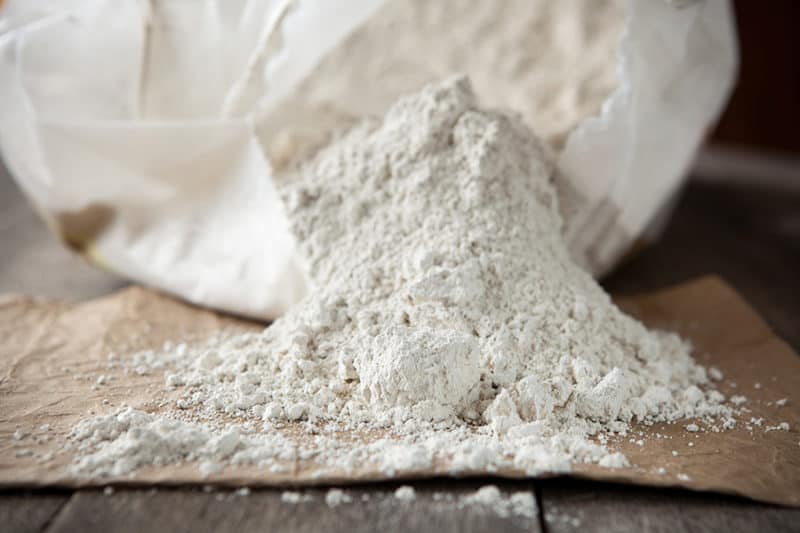
Food-grade diatomaceous earth is made up of little sharp bits of an algae-type fossil. The knife-life edge of these diatoms is capable of cutting through certain soft-bodied insects. Diatomaceous earth, however, is washed away with the rain and requires a bit of patience to see results. It’s also useless on hard-bodied insects.
Rotenone
An organic pesticide that poses toxicity concerns for non-insect critters such as small mammals (e.g., squirrels, dogs, cats, etc.) and fish. It works on populations of common garden pests, including aphids and caterpillars.
BT
BT stands for Bacillus thuringiensis, which is a bacterium that’s known to cause illness in certain insect pests. It’s a reliable organic option for those experiencing caterpillar problems. Like diatomaceous earth, BT should be re-applied frequently.
Neem Oil
A naturally-derived substance infects insects and slows their growth and reproduction. It’s not ideal for heavy infestations but works fine for those who spot a few nasty critters and want to get a jump start on controlling a potential problem population.
Decoy Plants
Say you’re having trouble with a particular type of pest. In some cases, it’s possible to plant trap crops to entice them to settle elsewhere than your intended harvest plants. Trap crops are an example of this practice.
Companion Planting
One of the oldest tricks in the book is to have a thoughtful planting plan. Some plants are known to (anecdotally or otherwise) repel pests that may affect another plant, so why not place them close by?
Predator Insects
Supporting a healthy garden ecosystem encourages beneficial insects to take up residence. Insects like ladybugs and parasitic wasps consume problem pests and keep populations at bay.
Traps
Mechanical insect traps are another potential method for controlling problem bugs in your garden. Traps are ideal for getting rid of earwigs and flies, among other pests.
Barriers
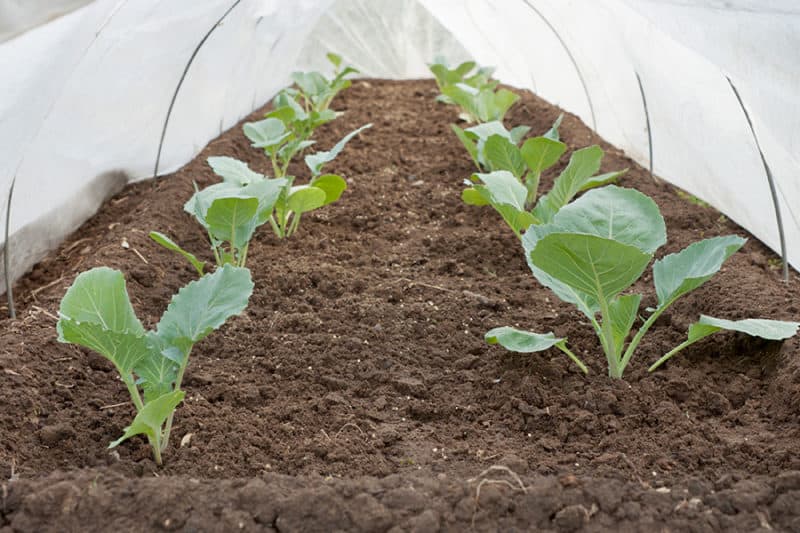
Barrier pest control methods are my preferred way (in addition to cultivating healthy soil and an overall sustainable garden environment, of course) to handle pest infestations and prevent them in the first place.
Insect mesh and tent coverings are the easiest way to keep bugs out. They’re not foolproof, though. You need to place barriers at the right moment for them to be effective. Placed too late, and your brassicas may still be eaten up by larvae plopped down by hidden moths. There are also plants, like squash, that require pollination, so barriers are not ideal. A poorly placed barrier is also unlikely to prevent pests from landing on your plants. You’ll need to properly secure covers to prevent bugs from sneaking in.
Barriers are a type of pest prevention tool that keeps insects from wreaking havoc, to begin with. Stop bugs in the tracks, and you won’t have to put in the effort to demolish out-of-control populations.
Homemade Natural Pest Repellents
If you’re in a bind and don’t feel like spending money on expensive commercial pest control products, consider making your own homemade natural pest repellent. These likely won’t be as effective as store-bought options, but they’re suitable for minimal pest problems and are an excellent choice for handling indoor infestations.
Cayenne Pepper Spray
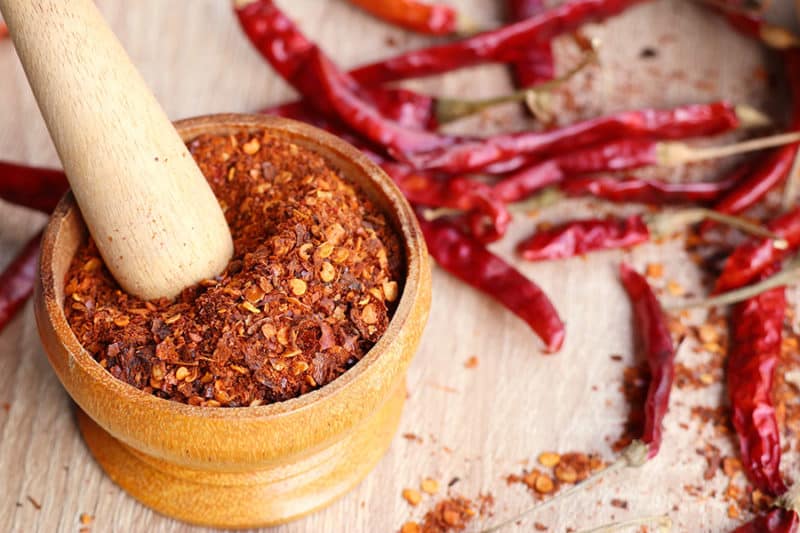
In my experience, a spray made of cayenne pepper is useful for deterring all sorts of pests, but especially small mammals. Maybe it’s a coincidence. Still, when I see something nibbling on my leaves, and I spray a homemade mixture that contains hot peppers, I usually notice that chomps don’t continue for the foreseeable future.
You can use pretty much any hot pepper, but I like cayenne since I typically have flakes in my cupboard. Be careful when making a hot pepper spray! Wash your hands thoroughly, and don’t touch your face immediately after handling hot peppers.
Vampire-Proof Pest Spray
A garlic-based pest spray is another option for deterring pests. The strong smell wards off odor-sensitive critters, and there’s no concern for toxicity since garlic is perfectly safe for human consumption.
Soapy Concoction
Soap is an effective pest prevention ingredient that can be used to create a garden spray. Use a gentle baby soap spray to rid your plants of bugs like aphids, flies, and mites.
Lemon Spray
Use those lemons from your produce drawer to create a concoction that’ll effectively kill a variety of soft-bodied bugs. A citrus-based spray should be sprayed directly on offending insects to produce any noticeable results.
The Last Word on Organic Pesticides
Are insect pests a common issue for you during the gardening season? If so, How do you handle pest infestations in your garden? Let us know how these methods work for you and which you prefer.
